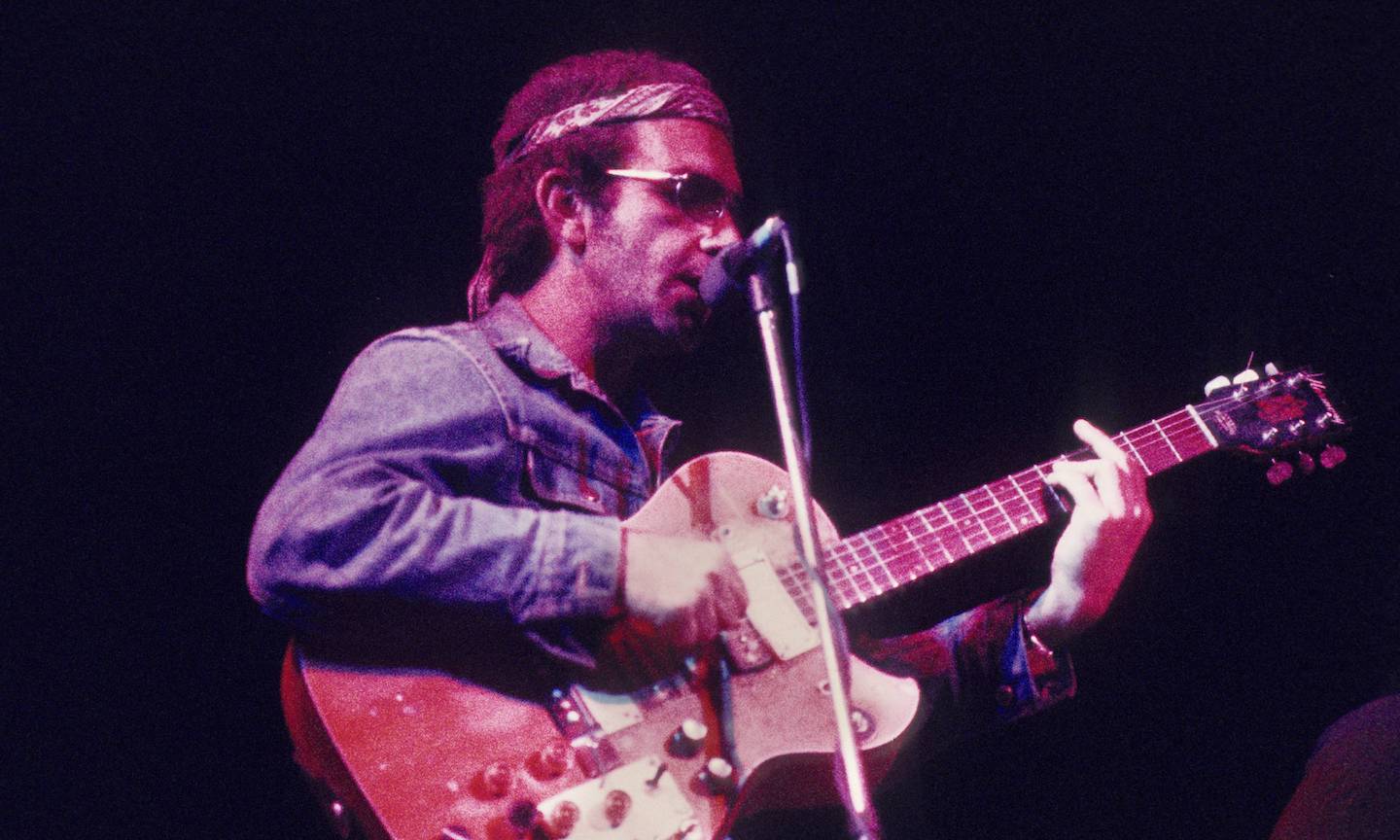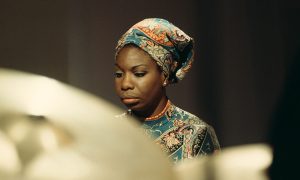The enduring influence of the late and undeniably great J.J. Cale is not one that can be measured in chart terms. Certainly not from his relatively meagre return of four appearances on the Billboard Hot 100, all of them outside the Top 20. His legacy is in the grooves of his admirable album catalog and the uniquely laid-back guitar sound that still echoes in the work of such devotees as Eric Clapton and Mark Knopfler.
That restrained approach was key to Clapton’s decision to turn away from “guitar hero” pyrotechnics himself, and to approach his music from Cale’s admirably chilled stance. “I wanted to go in the other direction and try to find a way to make it minimal, but still have a great deal of substance,” he told NPR. “That was the essence of J.J.’s music to me, apart from the fact that he summed up so many of the different essences of American music: rock and jazz and folk, blues. He just seemed to have an understanding of it all.”
One of Cale’s US singles chart entries, on the chart of May 20, 1972, was with a song that Clapton inhabited to such effect that many Slowhand admirers assumed it was his own song. The slinky, irresistible “After Midnight” was a Cale composition with plenty of history before that reappearance, and one that wound up in the Rock and Roll Hall of Fame.
Jean Jacques Cale, as he was born in Oklahoma City in 1938, first recorded and released the song as early as 1966, when it appeared on the B-side of his single “Slow Motion.” That, in turn, was fully eight years after he made his recording debut, as Johnny Cale, with the rock’n’roll-era “Shock Hop.”
One of the developments that led to Cale’s breakthrough as a significant album artist came when Clapton recorded “After Midnight” for his first, self-titled album in his own name in 1970. Eric’s fast-paced version reached No.18 in America and was a much-needed windfall to an artist struggling in obscurity, and already into his 30s. He landed a deal on Leon Russell and Denny Cordell’s Shelter label and thought he had finished recording his first album for them, Naturally, when Cordell suggested he revisit his composition and share its limelight.
Cale’s second version of “After Midnight,” which he recorded with characteristic languor, only reached No.42, and this after another Naturally track, “Crazy Mama,” became his highest-ranking single at No.22. But the degree of exposure on AM radio with those releases amplified his status as a cool artist for FM programmers to get behind. Naturally rose to No.51 in the US as Cale developed and maintained a modest but loyal following both at home and abroad. Later in the decade, Clapton would deliver another compliment by covering his “Cocaine,” and the two later came together to make the 2006 album The Road To Escondido.
Cale died in 2013, and Clapton, Knopfler, and other devotees from Tom Petty to Willie Nelson all appeared on the 2014 tribute set The Breeze: An Appreciation of J.J. Cale. Clapton told NPR: “Making this record was a way for me to say thank you for all the inspiration over the years. I suppose at some point I started to feel mildly outraged that he hadn’t got the recognition that, at least I thought, he should have had.
“He plowed a furrow that was unique and that’s the way he wanted to be, to have a quiet life. But, I still felt that he deserved more recognition, at least in his own country. He was pretty well known in Europe but lesser known in America, I think.”
Listen to J.J. Cale’s “After Midnight” on the album Naturally on Apple Music and Spotify.




